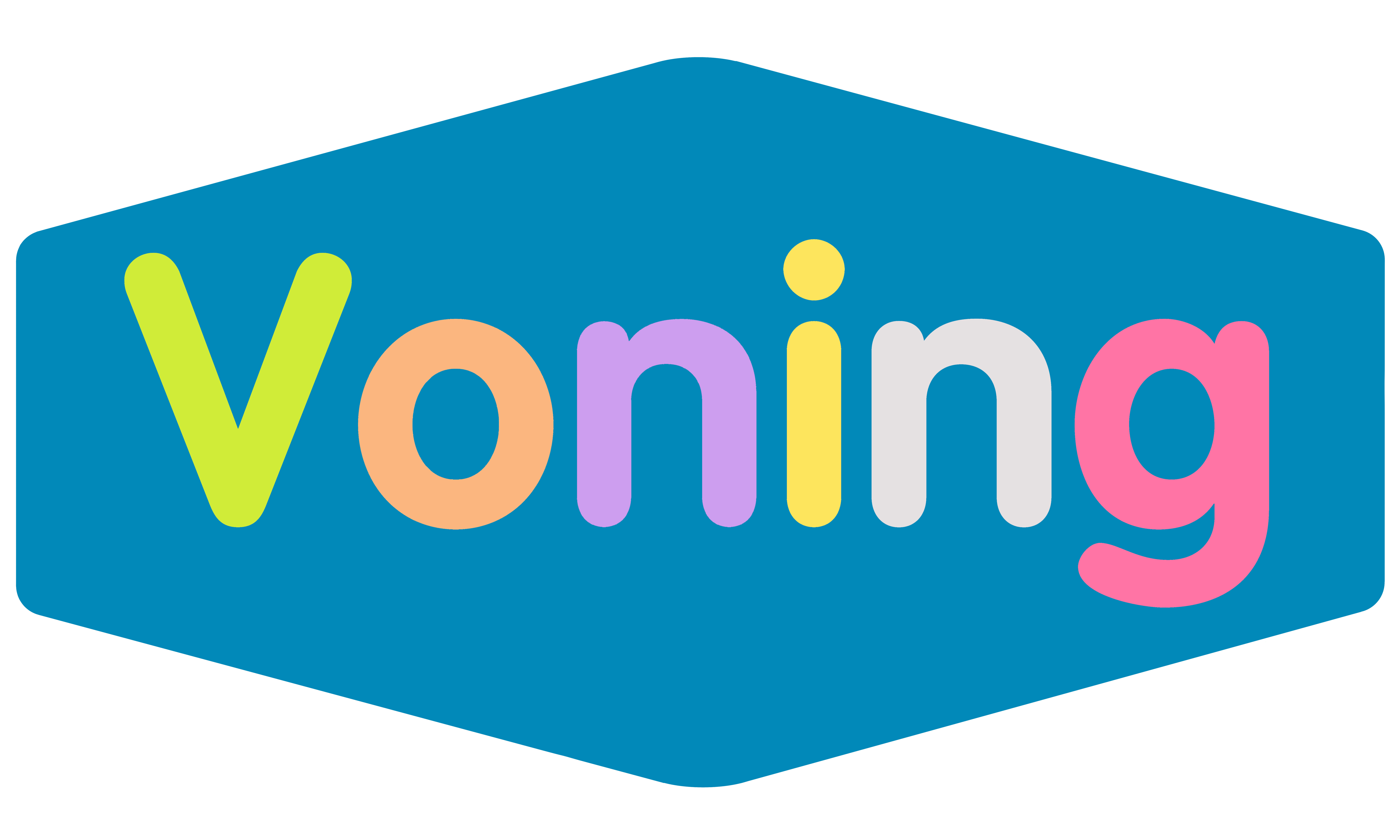
While the industry is still discussing how to capture the 'Generation Z' (the generation born between 1997 and 2012), the 'Alpha Generation' (the generation born between the mid-2010s and mid-2020s) has quietly entered the toy consumption arena. And, because their childhood was marked by the New Crown Pneumonia epidemic, their consumer attitudes and behaviours, inevitably influenced, are different from those of their predecessors.
Offline socialising for the Alpha Generation
At this time last year (Q1 2021), nearly 60% of children were home schooled. Because of social distance restrictions, most social and extracurricular activities have shifted online. Acquaintances' social activities are predominantly online. At weekends, meeting online (43%) is more common than offline (38%).
But a new round of the survey a year later (Q1 2022) reveals a very different picture.
In the first quarter of the year, social restrictions overseas are being liberalised and offline socialising with acquaintances is starting to return, with the proportion of people meeting up with friends at weekends rising to 43%, while spending less time online. In the case of Zoom, the online meeting software alone, usage fell by 19% for the 8-11 year old group and 20% for the 12-15 year old group. Interestingly, this comes at a time when the Alpha generation has more digital products. They own or use more smartwatches (+27%), smart TVs (+19%), smart speakers (+12%) and mobile phones (+6%) than the previous generation.
Furthermore, holidays and travel have replaced electronics as one of the most popular activities for Generation Alpha, again hinting at the changing relationship between the online and offline, digital and physical worlds.
In short, despite the increase in electronic devices owned by children, they are more inclined to socialise offline, especially among acquaintances. For toy manufacturers, this is good news. Although the electronic and virtual worlds are booming, driven by the epidemic, the physical, as the vehicle for products, remains an immediate need, especially products that have social attributes and promote interaction among acquaintances (e.g., relatives, friends, classmates).
Online entertainment for the Alpha generation
Although offline activities are starting to recover, that is mainly reflected in acquaintance socialization. For the Alpha generation, a generation native to the Internet, a very important feature of online socialization is that it is the main battleground for stranger socialization. In just one year, TikTok has seen tremendous growth (18% year-on-year increase in weekly usage), overtaking the former social trio of Facebook, Instagram and WhatsApp to become the number one favourite social platform for teenagers and children.
In the long run, trends on TikTok will shape future consumer interests, expectations and, ultimately, consumption behaviour. Among them, the Alpha Generation places more emphasis on creativity and empathy in content. According to TikTok officials, nearly 70 per cent of users say that brands are more impressed if the brand features their favourite song in the video. They also don't have the patience to watch commercials like their elders do on TV. Forbes has reported that TikTok detects user behaviour every few seconds to track their content preferences and make its recommendations more relevant to their preferences.
This means that social media, and TikTok in particular, is one of the most effective channels to get closer to the Alpha generation. Brands can use this channel for branding and promotion. As they are used to using multiple screens at the same time and scanning information quickly, their attention span and focus will be reduced compared to their elders. Therefore, funny segments, special ideas and empathy points that hit home are the ingredients for success in hitting the Alpha generation. So far, brands such as Squishmallows, Flip Octopus and Mini Brands have created a sales boom through TikTok.
Generation Alpha grew up in a different era to Generation Z and Millennials. The epidemic has made them crave for stress release in the virtual world, but the bombardment of online classes has given them more access to electronic devices, the experience of living online, but instead of diminishing their interest in the real world, it has given rise to a yearning for the starry sea of reality. To sum up, engaging experiences, both online and offline, and a sense of ease and pleasure are the codes to pry open the minds of the Alpha generation.
